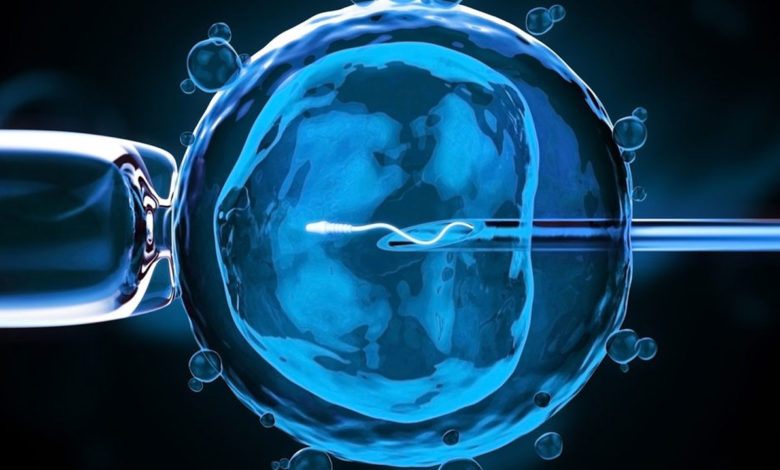15,000 IVF Babies Delivered In 130 Nigerian Clinics Since 1989 – Prof Ashiru

A Fertility expert, joint pioneer of IVF in Nigeria and Secretary-General of International Federation of Fertility Societies (IFFS), Prof. Oladapo Ashiru, has said about 15,000 babies were delivered from well over 130 IVF clinics in Nigeria since 1989.
According to guardian.ng, he gave the figures as nations around the globe marked World In-Vitro Fertilisation (IVF) Day, also known as World Embryologist Day, yesterday.
“Babies are not that easy to showcase. But many display such pictures in their clinics. I believe it has to do with our reserved culture and protection of children. Beyond this is the continued need to de-stigmatise infertility or babies born through any form of assisted reproductive technology,” he said.
World IVF Day celebrates the first baby conceived and successfully birthed through the procedure, Louise Joy Brown, in 1978. Ashiru, who is also President of African Fertility Society (AFS) and Medical Director of Medical Art Centre (MART) Maryland-Ikeja, Lagos, said: “Baby Olusola was the first born by IVF in 1989, through the work of Ashiru and Giwa-Osagie. It was published in The Guardian and LUTH Mirror.”
He explained: “If you visit our clinic at Medical Art Centre, you will see pictures of babies, singletons, twins, triplets, quadruplets and two quintuplets born over the years. But they are not for public consumption. Many couples bring such pictures as encouragement to new patients, and not for publicity.”
On cost of an IVF session and how many sessions are needed for pregnancy, he said it depends on age, clinical factors, sperm factors, and more.
“It ranges from N1.8 million to N5 million or more, in cases like surrogacy. Globally, the cost of IVF ranges from $4,000 to $20,000 (N15.84 million). It is for this reason we are witnessing a lot of IVF medical tourism in Nigeria, with patients coming from United States of America, United Kingdom and Europe to save cost,” Ashiru said.
He noted that success rate of IVF has improved over years, due to significant advance in assisted reproductive technology. He said success rate in the early 80s was between 10 to 15 per cent. But today, it is between 45 to 70 per cent because there have been tremendous developments in clinical protocols, patient selection, and minimal invasive egg recovery with ultrasound guidance.
Ashiru added that the area that has witnessed the most advanced cutting-edge development is embryo laboratory, with sophisticated microscopes, incubators, culture media, and air purification system.





